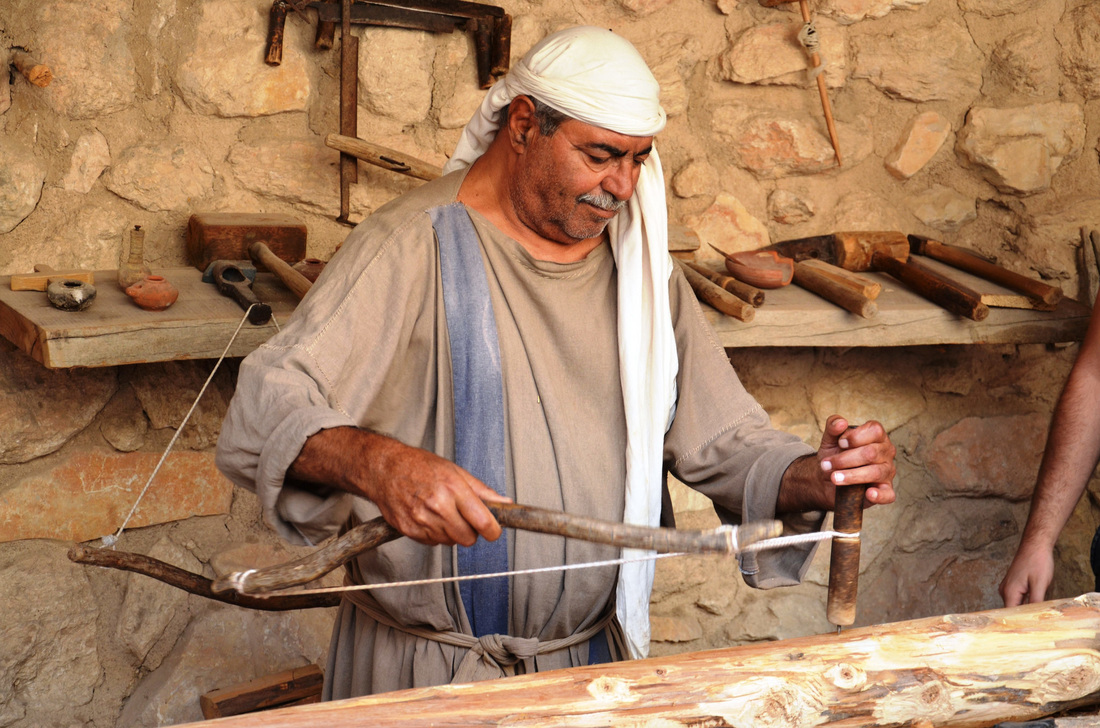Ophrys lutea subsp. Galilaea is very rare in the Algarve region of Portugal, where the larger Ophrys lutea is very common and widespread. In other parts of Europe this smaller flowered yellow bee orchid is more common than O. Lutea and has been given a number of different names which include Ophrys phryganae and Ophrys sicula. Monastic Matrix: A scholarly resource for the study of women's religious communities from 400 to 1600 CE; Monastic Matrix is an ongoing collaborative effort by an international group of scholars of medieval history, religion, history of art, archaeology, religion, and other disciplines, as well as librarians and experts in computer technology. In Galilaea est Dominus. Alleluia: The straightaway one in white they see, who saith, 'seek the Lord: but He is risen and gone to Galilee.' Alleluia: Et Ioannes apostolus cucurrit Petro citius, monumento venit prius. Alleluia: This told they Peter, told John; who forthwith to the tomb are gone, but Peter is by John outrun.
Noun borrowed from Anglo-French, borrowed from Medieval Latin galilea, probably after Galilea, Galilaea galilee, from a monastic and clerical comparison of the church porch, where the laity gathered, to biblical Galilee, regarded, in opposition to Judaea, as a country of Gentiles (as in Matthew 4:15) Learn More about galilee. The name Galilee is the Anglicized version of the Greek name Galilaia (Γαλιλαια), which in turn is the Hellenized version of the Hebrew name Galil (גליל) or Galilah (גלילה), as it is called in 2 Kings 15:29.
English[edit]
Etymology[edit]
From Middle EnglishGalilee, from Old French[Term?], from Medieval LatinGalilea, from Ancient GreekΓᾰλῑλαίᾱ(Galīlaíā), from Hebrewגָּלִיל (galíl).
Proper noun[edit]
Galilee
- A mountainousgeographic region in northern Israel.
- The Sea of Galilee.
Translations[edit]
|
|

Galilean
Middle English[edit]

Proper noun[edit]

Galilean Wedding
Galilee

- Galilee
- c.1395, John Wycliffe, John Purvey [et al.], transl., Bible (Wycliffite Bible (later version), MS Lich 10.)[1], published c. 1410, Matheu 4:23, lines 13–17, page 1v, column 1; republished as Wycliffe's translation of the New Testament, Lichfield: Bill Endres, 2010:
- and Iḣc ȝede aboute al galilee techynge in þe ſynagogıs of hem · ⁊ pꝛechynge þe goſpel of þe kyngdom ⁊ heelynge eùy langoꝛe ⁊ ech ſıkeneſſe among þe puple /
- And Jesus went about all Galilee, teaching in the synagogues of them, and preaching the gospel of the kingdom, and healing every languor and each sickness among the people.[2]
Galilean Transformation
